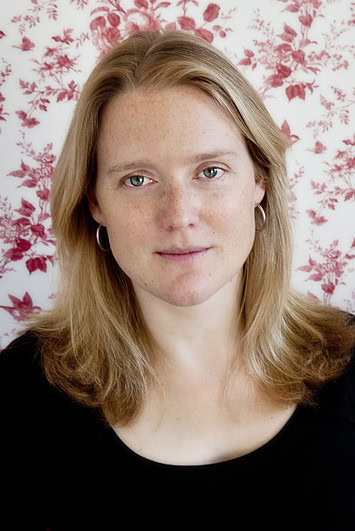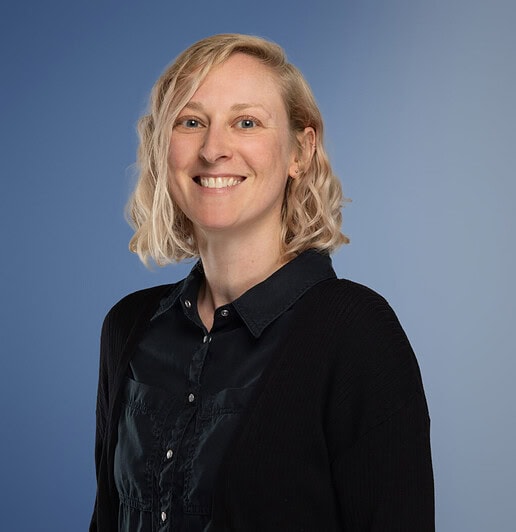The growing science of educational inequality
Bringing together perspectives from different fields could help reduce inequality in education

Louise Elffers and her colleagues have noticed that researchers with diverse academic interests are showing increased interest in the issue of educational inequality. While they welcome the attention given to this important topic, they worry that combining insights from different fields might lead to confusion, as inequality in education can be viewed and measured in very different ways. Louise talks with Annie Brookman-Byrne about bringing different perspectives together.
Annie Brookman-Byrne: What are the key findings from your work bringing together different perspectives on educational inequality?
Louise Elffers: We identify three key principles to help researchers overcome potential pitfalls when working within this growing multidisciplinary field.
“Researchers need to define the lens through which they study the problem of inequality in education.”
1. Be clear about your definition of equality. Researchers need to define the lens through which they study the problem of inequality in education. For example, it is important to distinguish between equality of treatment and equality of outcomes: does equality require teachers to devote the same amount of time, effort and attention to each student in their classrooms, or does it require unequal treatment to meet students’ individual needs? Researchers should explicitly say what needs to be equal when they speak of equality in the academic endeavour or educational issue at hand.
2. Be conscious of implicit norms embedded in measurements and how these might perpetuate inequality. In particular, the way equality is measured can unintentionally reinforce inequality. For example, a narrow focus on equalising cognitive outcomes reinforces the notion that cognitive competences and abstract knowledge are valued more highly than practical skills and knowledge. Achievement standards based on majority norms may inadvertently contribute to inequality.
3. Reflect on education’s dual role in inequality. Education can both reduce and contribute to inequality in education. Education is often positioned as a tool to enhance equality, but some interventions aimed at reducing inequality may in fact increase it. For example, students might be assigned to different ability tracks to promote equality, but this practice may result in larger disparities in educational outcomes between groups of students.
“The way equality is measured can unintentionally reinforce inequality.”
ABB: Will your work improve educational outcomes for children from disadvantaged backgrounds?
LE: Our message is primarily targeted at researchers seeking to help build a multidisciplinary base of knowledge about inequality in education. The goal is to support educational practitioners and policymakers in their efforts to prevent or reduce inequality in education through policy and practice.
ABB: What has surprised you in the course of your work on this topic?
LE: While we have been working on the topic of inequality in education for many years, we have been surprised at the rapid growth in the number of scientific articles on this topic that have been published across disciplines. This growth appears to be more than twice as rapid as growth in the total number of scientific articles in the entire world – which, too, is continuing to increase every year.
“Education can both reduce and contribute to inequality in education.”
It is inspiring to see the growing interest in this topic across disciplines, which may contribute to fighting inequality in education. However, we also see some risks in the topic’s increasing popularity and in the casual use of the term ‘inequality’. We hope that being mindful of our basic principles of academic awareness and explanation will help to prevent some of these risks and ultimately help to improve educational equality.
Footnotes
Louise Elffers is a Professor of Educational Sciences at the University of Amsterdam and at Amsterdam University of Applied Sciences. She studies questions related to equality of educational opportunities, with a particular focus on the role of educational systems in providing (un)equal opportunities in education.
Louise Elffers contributed to a special collection on understanding and addressing inequality in education in the journal npj Science of Learning. This interview is part of a series dedicated to sharing practical takeaways and personal insights from authors.
This interview has been edited for clarity. Photo of Louise Elffers by Cora Hendriks.


